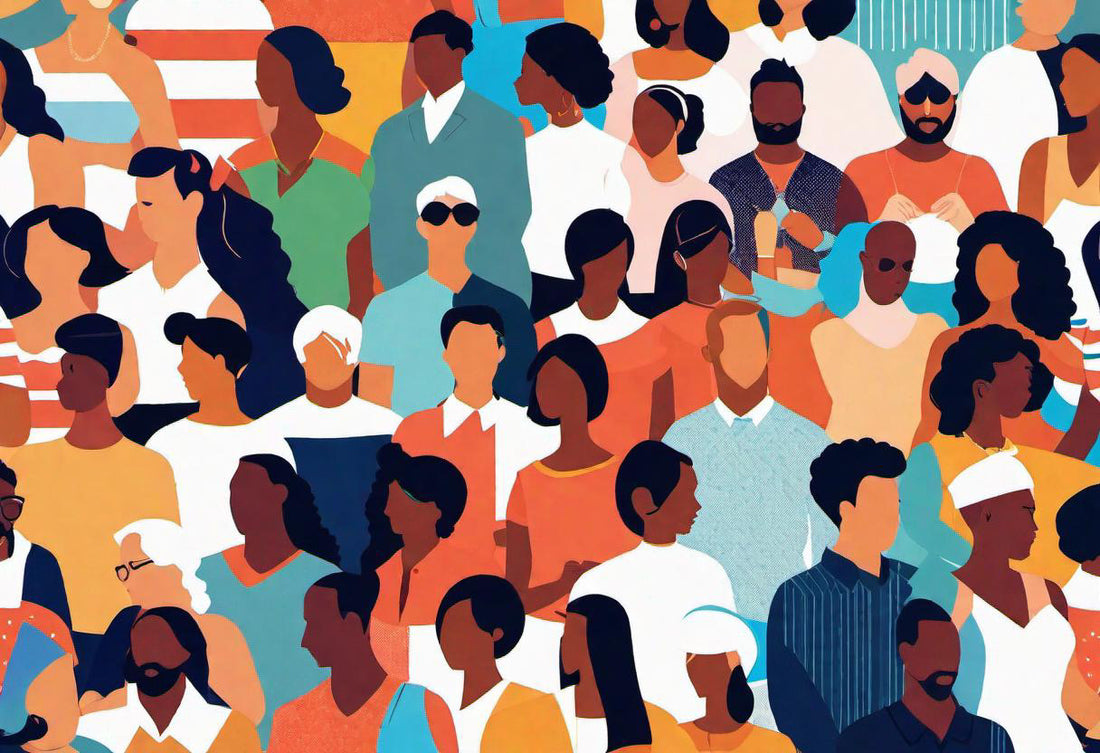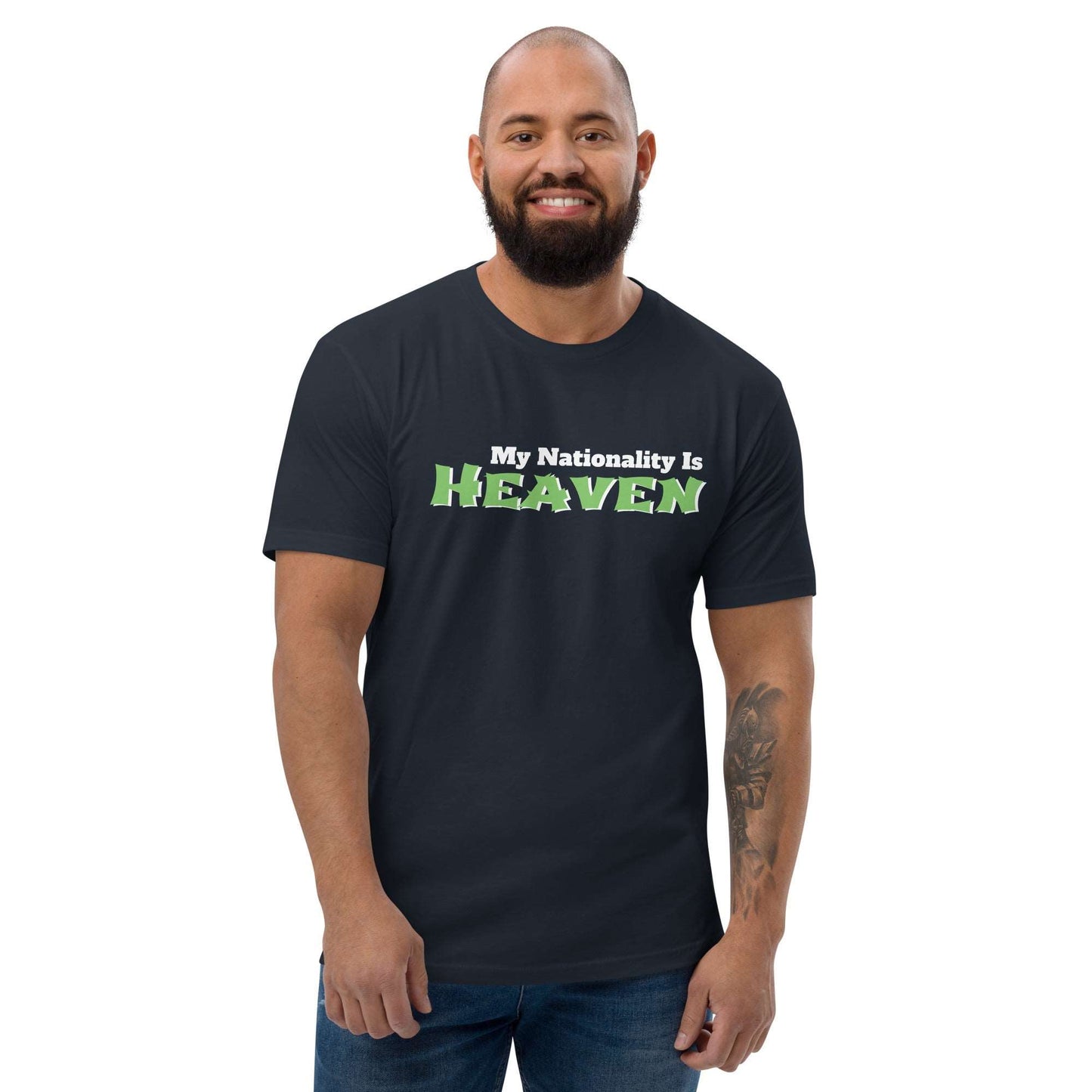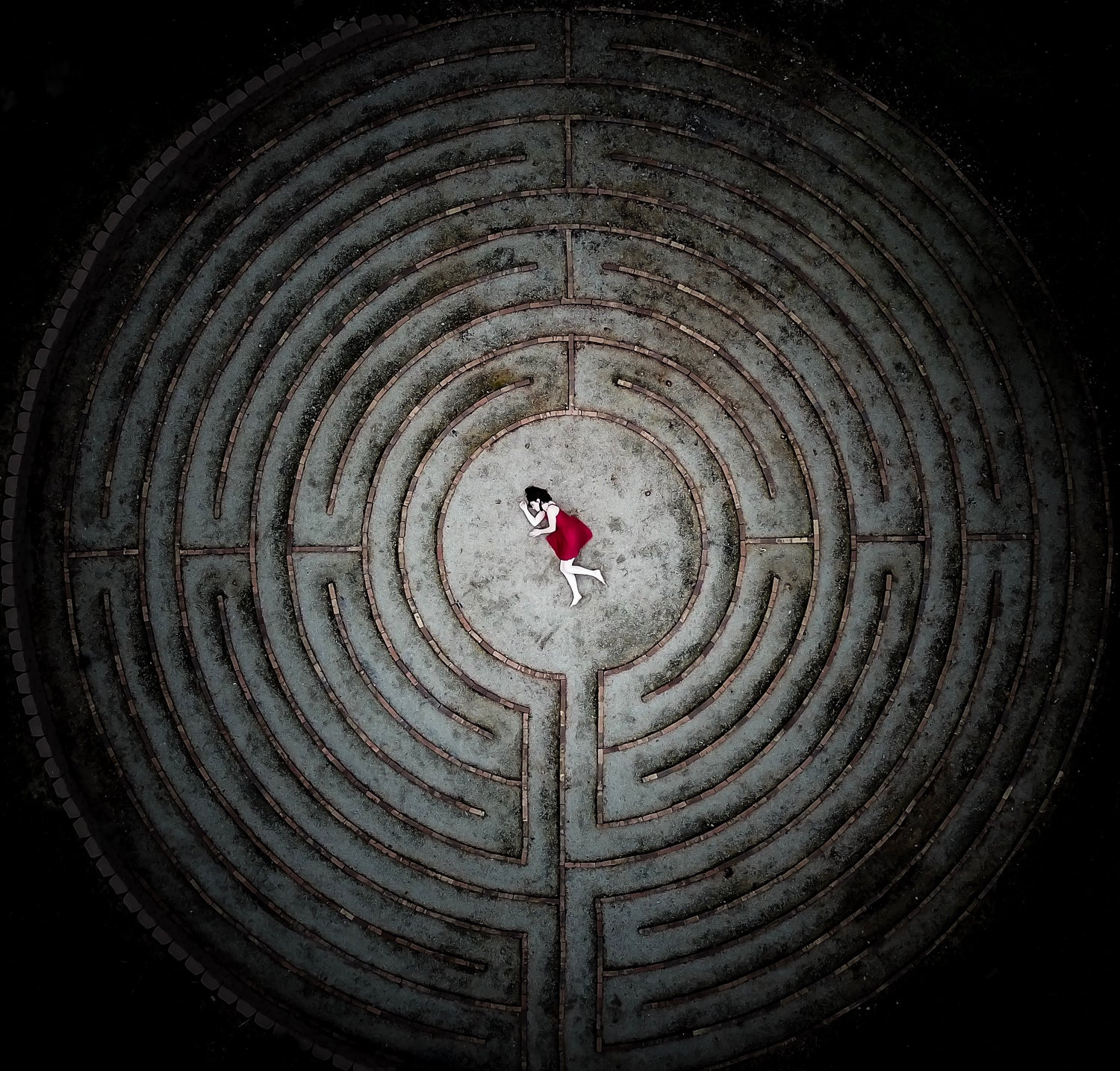In a thought-provoking interview with Shahid Bolsen, the question of equality between men and women takes an intriguing turn. Contrary to the prevailing discourse, Bolsen challenges the notion of absolute equality, delving into the intricacies of human capabilities and individuality.
When asked if he believes in the equality of men and women, Bolsen's response is strikingly candid: "No, of course not." He elaborates, highlighting that not only are men and women not equal, but even individuals themselves are not equal. This assertion serves as a launchpad for his unconventional viewpoint.
Bolsen presents a counterargument to the widespread belief in uniformity. He questions the very foundation of comparing collections of individuals, asserting that it's illogical to equate them. The analogy is drawn to the corporate world, where hierarchies exist based on competence and expertise. "Are you equal with your boss?" he asks, subtly pointing out that the concept of equality is often challenged by real-world scenarios.
The crux of Bolsen's perspective lies in embracing diversity and acknowledging individual disparities. He acknowledges that not all men are equal in strength, intelligence, or abilities. This holds true for women as well. This recognition underscores his belief that innate differences in capacities exist, and these differences should not be ignored.
One of the intriguing aspects of Bolsen's argument is his emphasis on instant understanding. He proposes that there might be situations where a woman can instantly comprehend something that a man cannot, and vice versa. This highlights the uniqueness of individual perspectives and cognitive abilities.
RELATED: Unraveling Gender Dynamics and Authority: A Deeper Exploration
Addressing the criticism of his stance, Bolsen clarifies that his perspective doesn't condone discrimination or shame based on one's capabilities. He asserts that each person is bestowed with capacities by their higher power, and they should not be held accountable for what lies beyond their reach. This assertion resonates with his core message: individuals should be judged based on their unique abilities rather than being uniformly equated.
In conclusion, Shahid Bolsen's perspective on equality challenges the conventional narrative. He calls for a shift in focus towards recognizing and celebrating individual disparities. His argument invites a nuanced conversation about the intricate interplay between innate capacities, gender, and personal abilities. While his viewpoint may be controversial, it opens the door to a broader discourse about the true essence of equality in our diverse and multifaceted world.




























